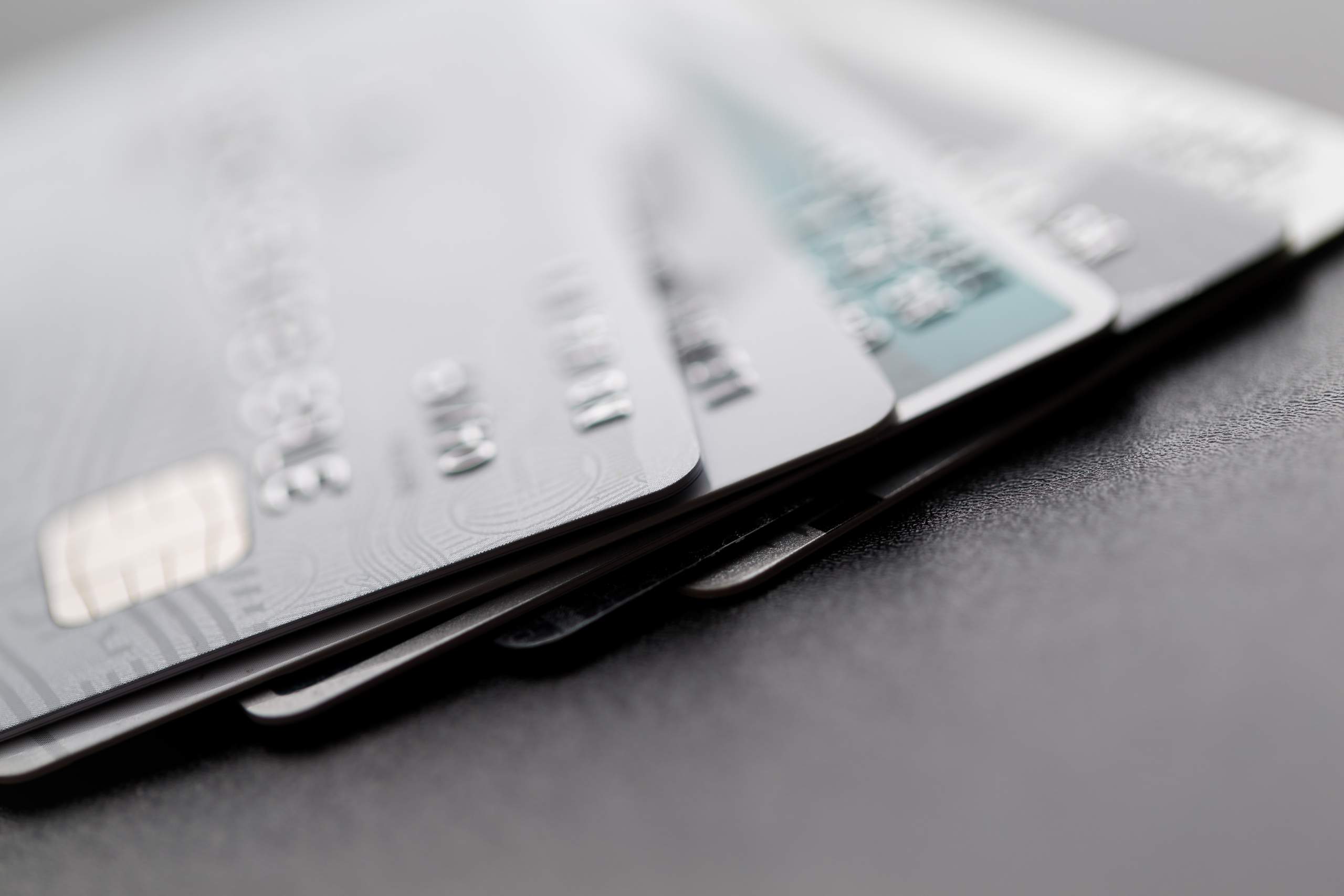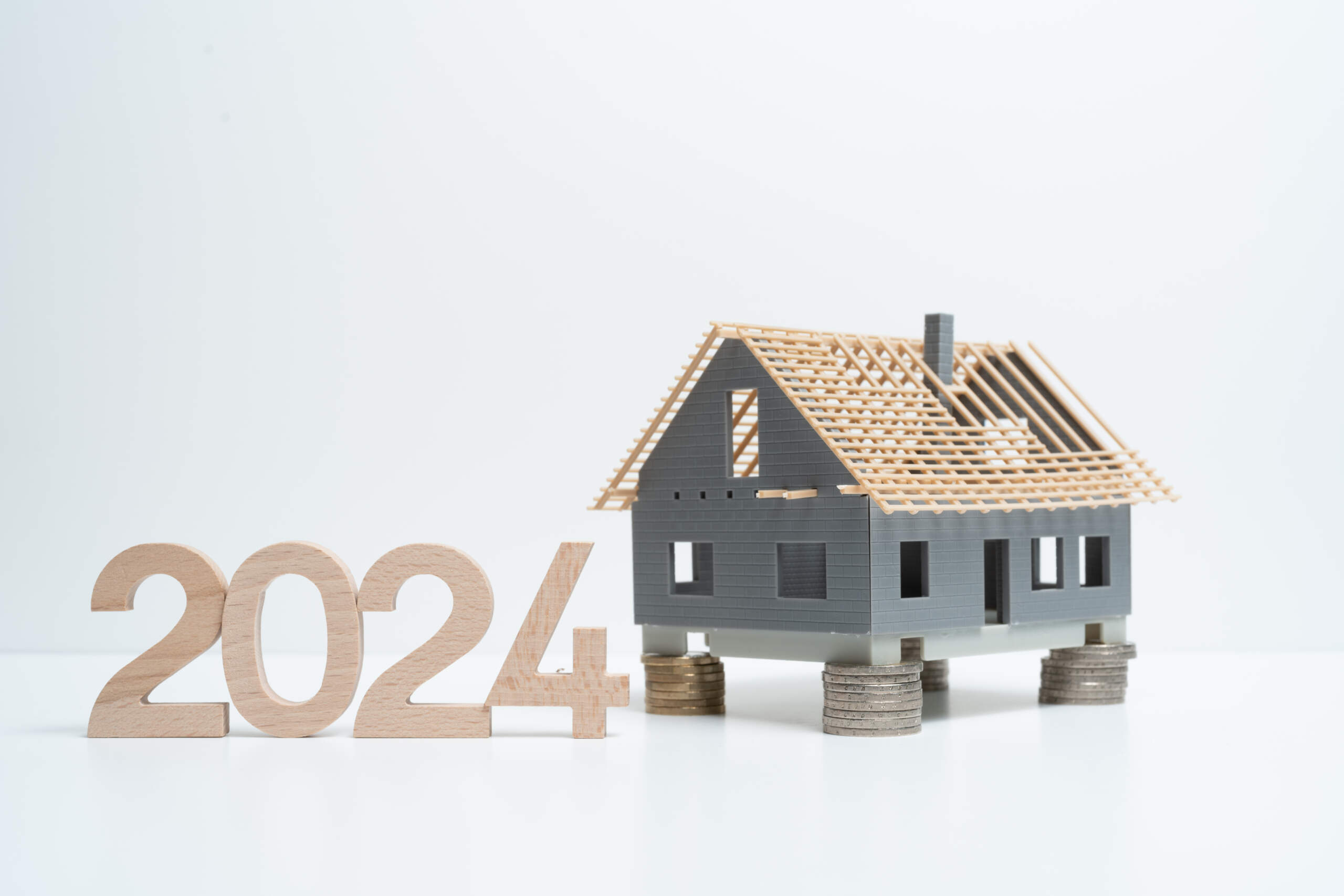Life happens and sometimes you find yourself in a financial rough patch, unable to pay your bills. Eventually, those bills may be sent to collections and a third party will attempt to recover the money on behalf of the original creditor or business. If you have unpaid collections, you may be wondering about your ability to obtain an FHA loan.
Does the FHA care about collections? Do collections need to be paid off before you apply? How will your eligibility be impacted? Below, we’ve discussed the matter in detail.
How Collections Can Affect Your FHA Loan Eligibility
Financial mishaps happen. Perhaps you had some unexpected medical bills that you couldn’t afford to pay off. Or maybe you ran up your credit card when you were younger and have been struggling to pay back the debt. Either way, your debt has been sent to collections, and now you’re wondering if it could impact your FHA loan eligibility. Here’s what you need to know:
Medical Collections Vs. Non-Medical
Whether or not collections will impact your ability to obtain an FHA loan partly depends on what type of debt you have. The FHA sees medical collections differently than non-medical. Medical collections are not taken into consideration when it comes to determining a borrower’s eligibility. Non-medical collections, on the other hand, could cause some issues. Even then, if you take certain steps to address the matter and prove your creditworthiness, you may still be able to get approved.
How Non-Medical Collections Impact Your Eligibility
If you have unpaid collections that are not medical-related, it’s possible that your FHA loan eligibility may be impacted. The FHA does not require collections to be paid off entirely in order for a borrower to be approved. However, they do recognize that collections can impact a borrower’s ability to repay their loan, which is something they take into consideration.
If you have outstanding collections, your lender may want evidence that you’ve entered into a repayment plan. If this evidence cannot be obtained, then your lender will have to calculate a monthly payment of 5% of the outstanding balance and calculate that amount into your debt-to-income ratio. A high debt-to-income ratio can impact your ability to obtain an FHA loan.
Furthermore, unpaid collections may also impact your credit score, which is another important factor that the FHA looks at. If you have a poor credit score and you apply for a loan, you may not get approved. Generally, you must have a credit score of at least 580 in order to qualify.
Learn More About FHA Loan Requirements
If you have questions about your ability to qualify for an FHA loan or are ready to apply, please contact our office. We will be more than happy to assist you!





